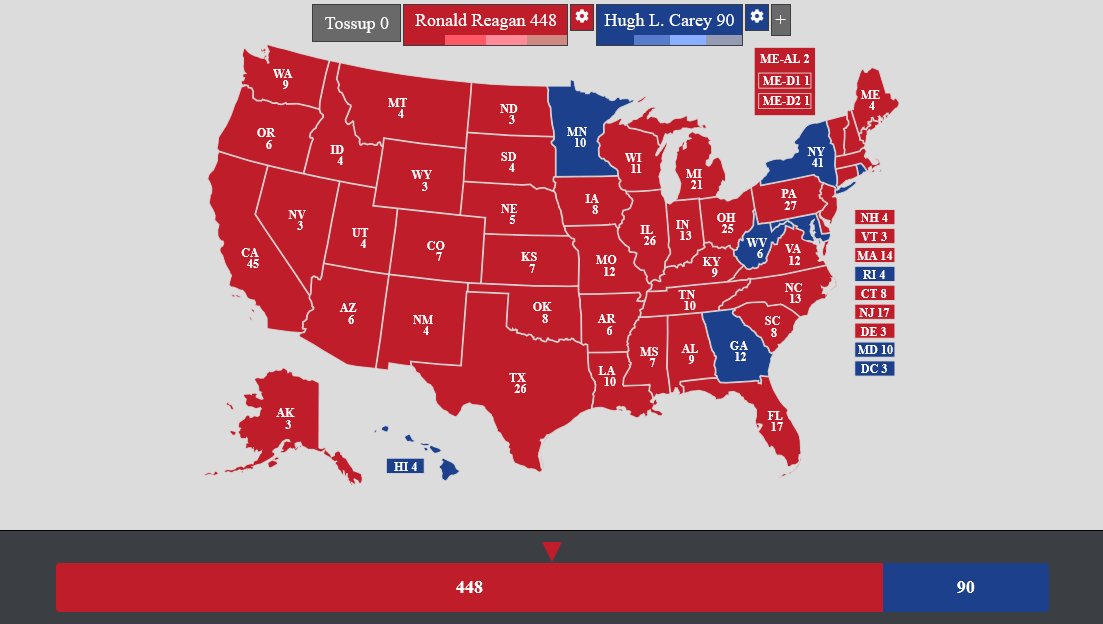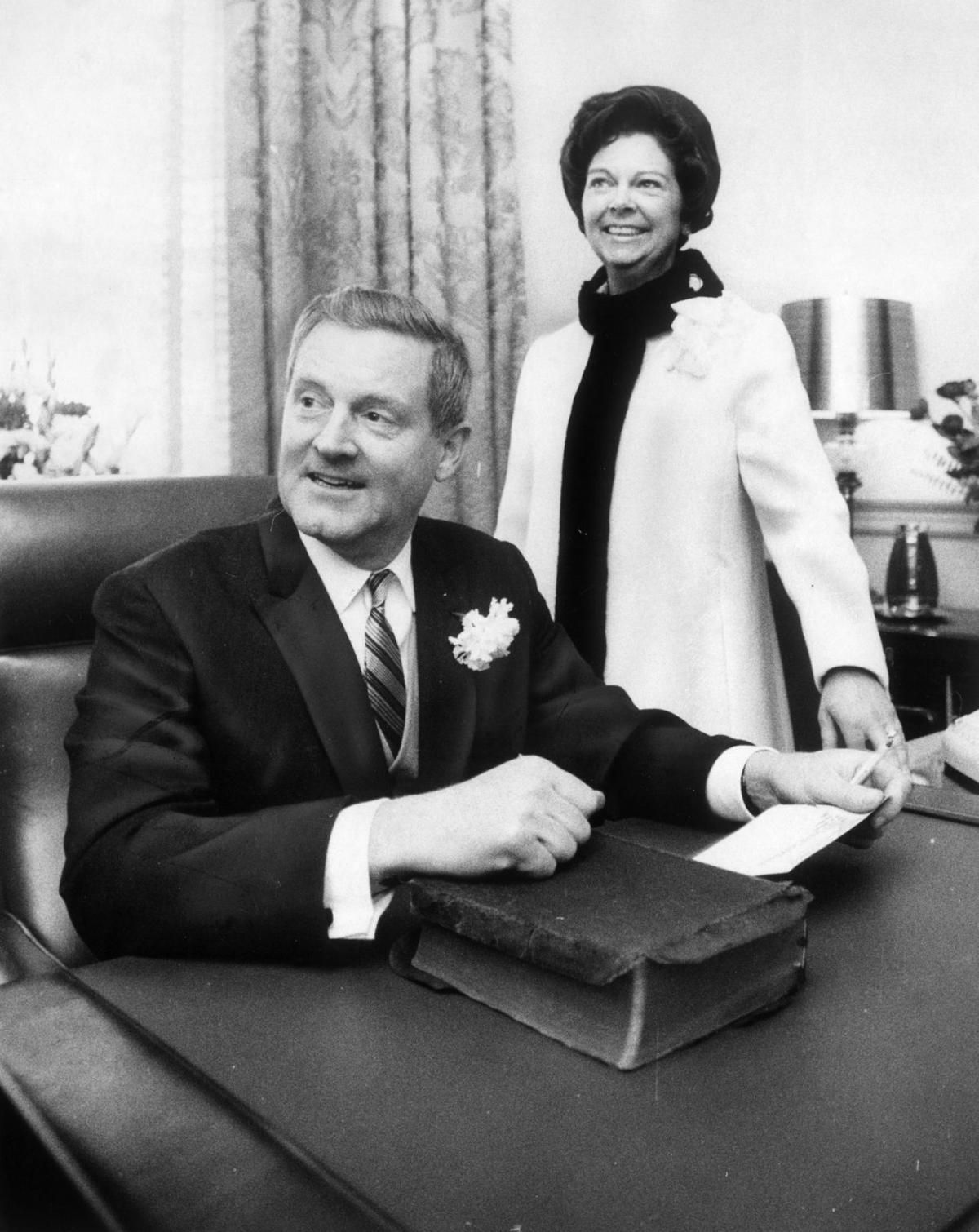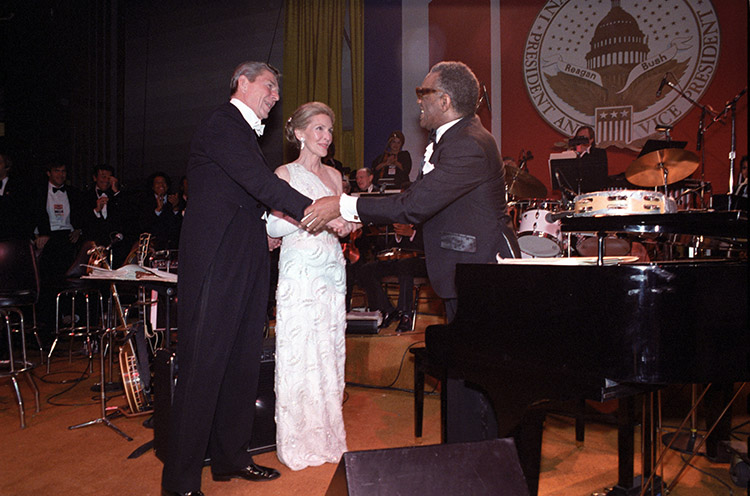......"With Reagan winning in such a large resounding blowout victory, there were signs that his incoming administration was going to be more supportive of our government as far as combatting these outside agitators were concerned.
The foreign policy priorities of the incoming administration was going to also be more friendly toward other military governments like in Paraguay, Bolivia, Peru, El Salvador, Guatemala for example. While Holton was somewhat supportive of some of us, there was also a bit of resistance due to those asshats in the US Congress.
Another irritation which drove us nuts was non-stop their virtue signaling bluster about controlling foreign policy. It annoyed us to no end! Slow-walking economic and military aid to in helping us fight these outside agitators.
Robles of Mexico had gotten annoyed with the slow-walking of the proposed USMEX Economic Development Trade Deal of 1979 because some overgrown jerk in Congress kept bitching about "human rights violations", after weeks and months of stagnant slow-walking, the trade deal got done finally.
South Africa was happy about Reagan's landslide victory because they strongly preferred him in the White House and not Carey, who would've taken US/South Africa diplomatic relations into a different direction.
The one big question mark was Haig, whom many assumed was going to be heading to State under incoming President Reagan. We knew he served under Nixon and Ford under many different roles, but seeing him being tapped to serve as Secretary of State was somewhat of a surprise. The 1980s were going to be a decade of stability.....or so we thought!"
-Audio recording
From Anonymous Argentinian Army General Officer
Suburbs of Buenos Aires, Argentine Republic
The foreign policy priorities of the incoming administration was going to also be more friendly toward other military governments like in Paraguay, Bolivia, Peru, El Salvador, Guatemala for example. While Holton was somewhat supportive of some of us, there was also a bit of resistance due to those asshats in the US Congress.
Another irritation which drove us nuts was non-stop their virtue signaling bluster about controlling foreign policy. It annoyed us to no end! Slow-walking economic and military aid to in helping us fight these outside agitators.
Robles of Mexico had gotten annoyed with the slow-walking of the proposed USMEX Economic Development Trade Deal of 1979 because some overgrown jerk in Congress kept bitching about "human rights violations", after weeks and months of stagnant slow-walking, the trade deal got done finally.
South Africa was happy about Reagan's landslide victory because they strongly preferred him in the White House and not Carey, who would've taken US/South Africa diplomatic relations into a different direction.
The one big question mark was Haig, whom many assumed was going to be heading to State under incoming President Reagan. We knew he served under Nixon and Ford under many different roles, but seeing him being tapped to serve as Secretary of State was somewhat of a surprise. The 1980s were going to be a decade of stability.....or so we thought!"
-Audio recording
From Anonymous Argentinian Army General Officer
Suburbs of Buenos Aires, Argentine Republic








